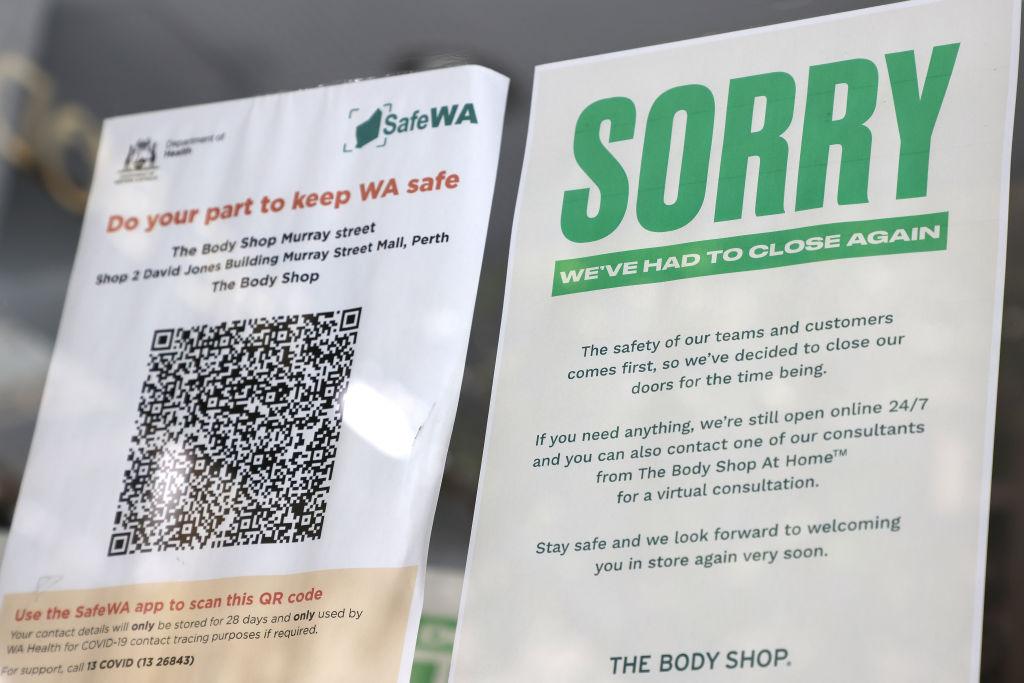Commentary
Police officer Ben Falconer has lost his court case challenging mandatory vaccination in Western Australia (WA). He took legal action over the compulsory measure, which had required all police officers to get vaccinated for COVID-19, and a direction (executive order) by the chief health officer banning unvaccinated officers from attending police premises.





